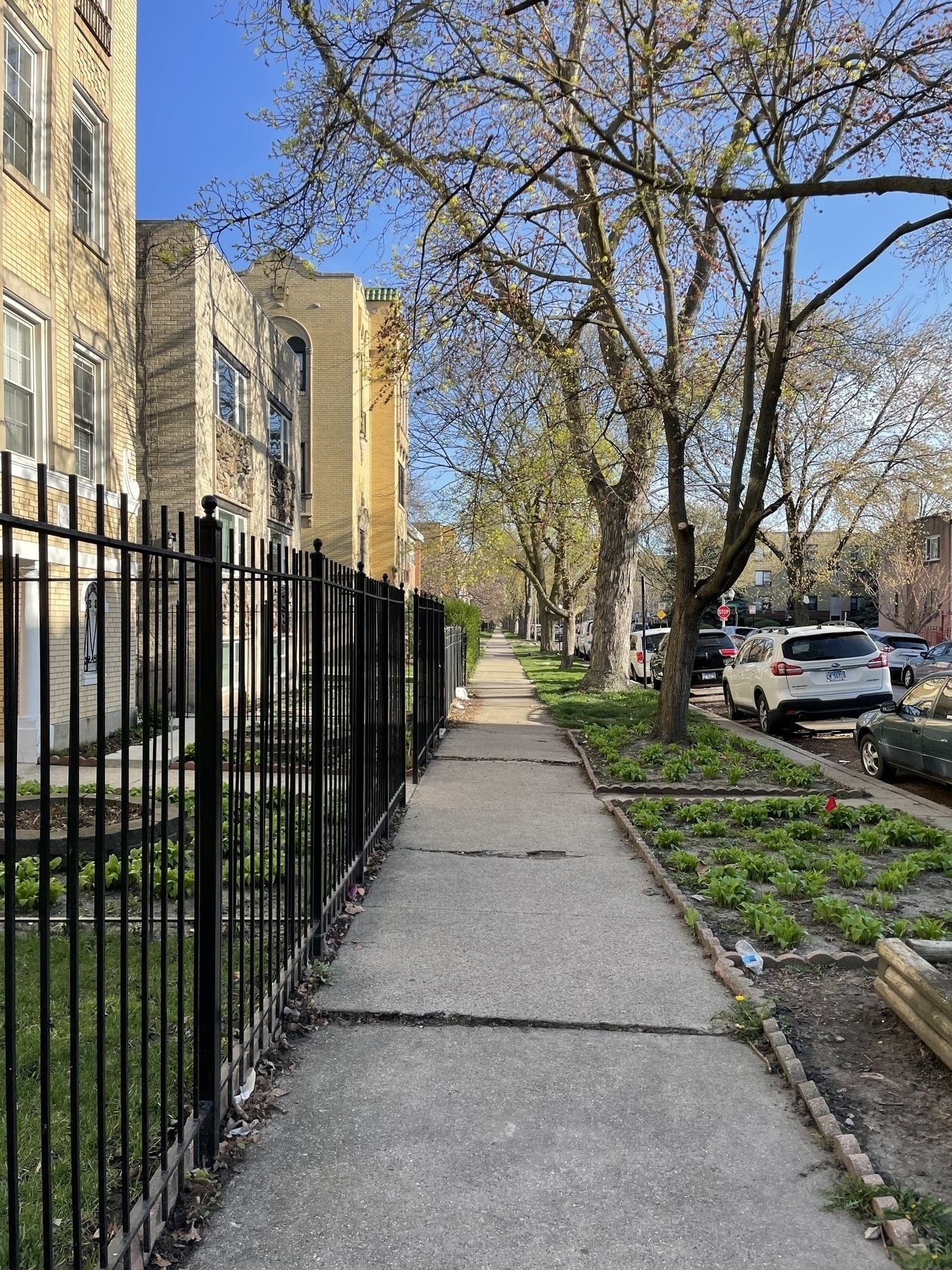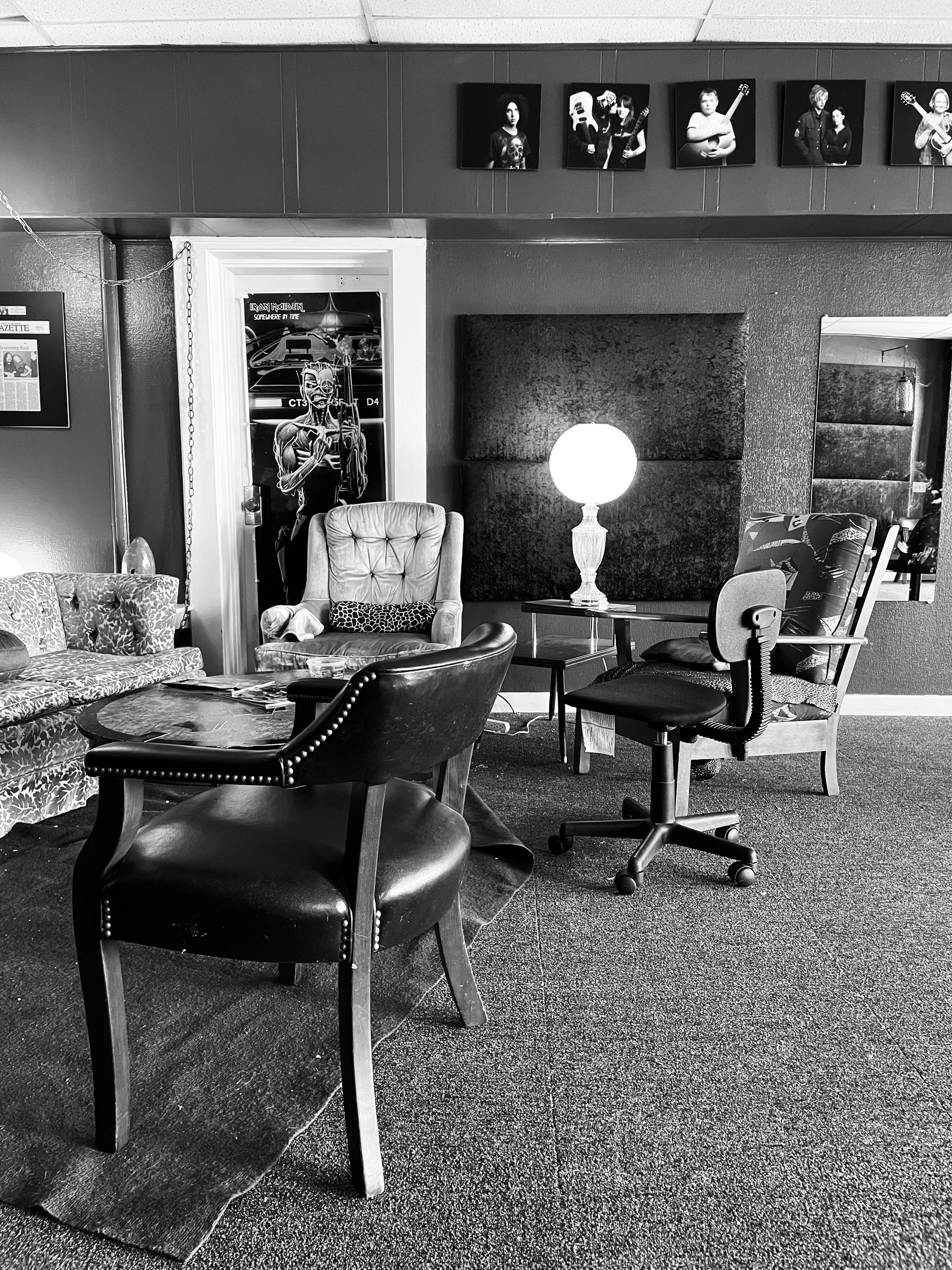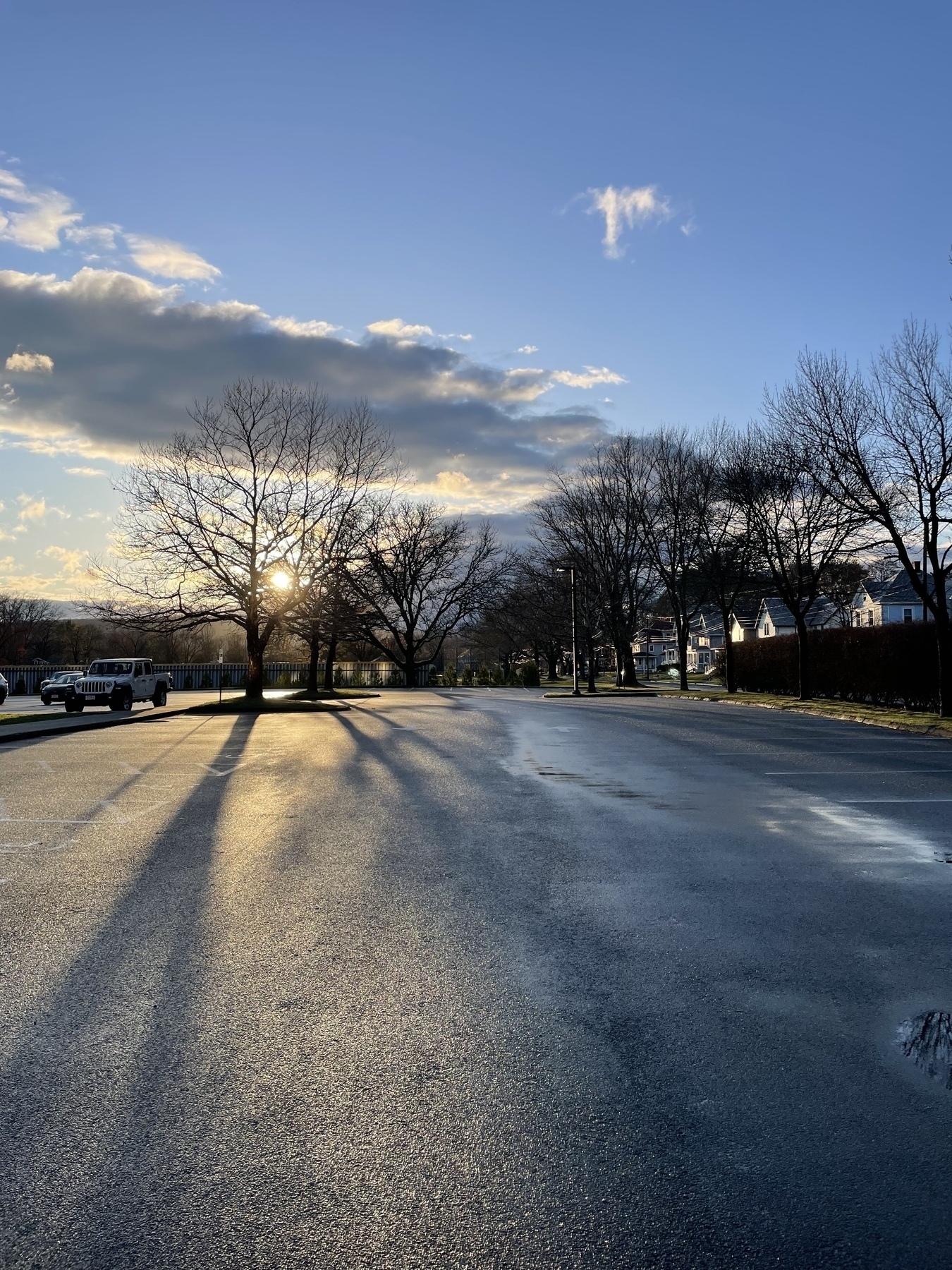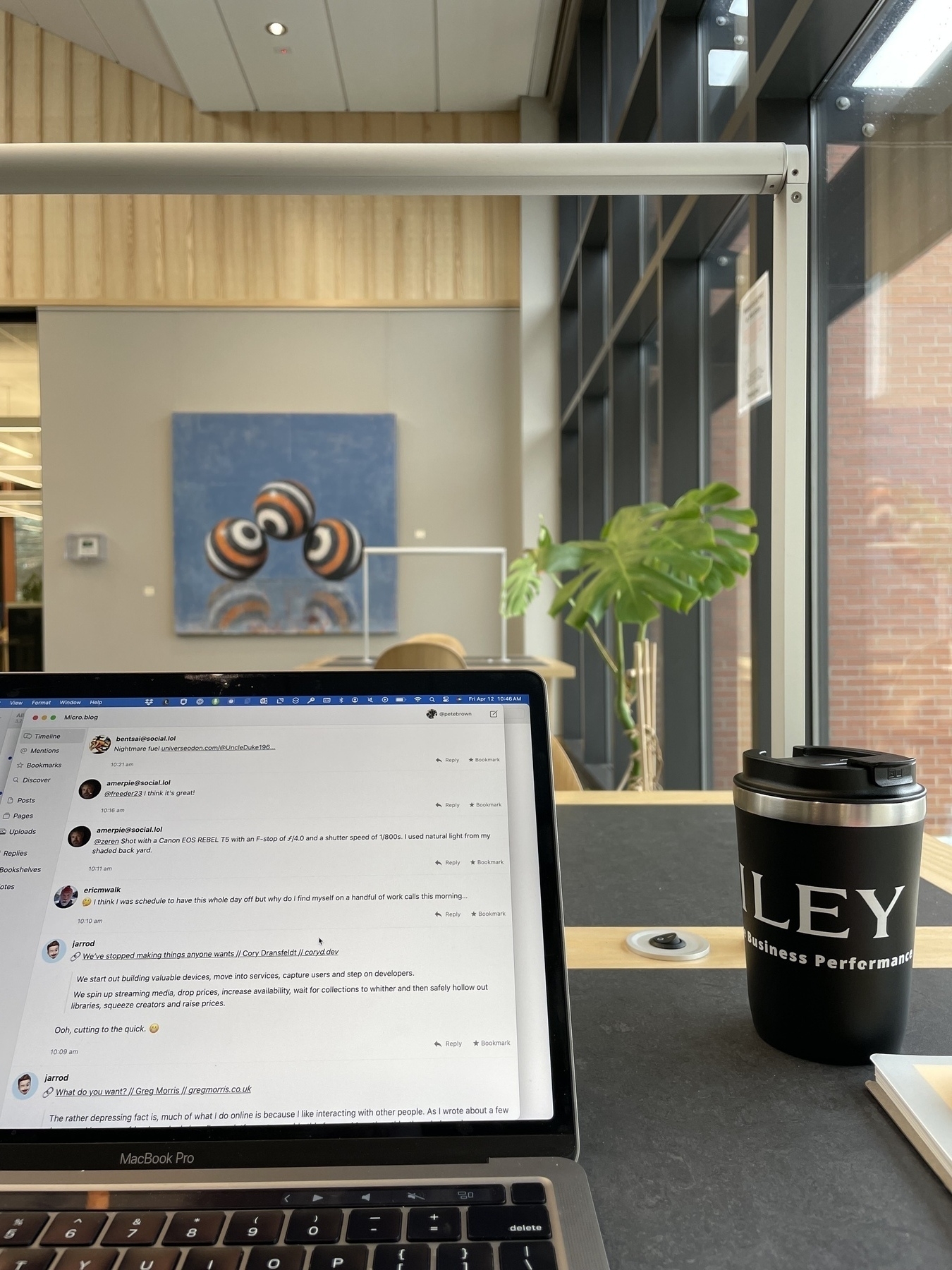🔗 The Man Who Killed Google Search:
In April 2011, the Guardian ran an interview with Raghavan that called him “Yahoo’s secret weapon,” describing his plan to make “rigorous scientific research and practice… to inform Yahoo’s business from email to advertising,” and how under then-CEO Carol Bartz, “the focus has shifted to the direct development of new products.” It speaks of Raghavan’s “scientific approach” and his “steady, process-based logic to innovation that is very different to the common perception that ideas and development are more about luck and spontaneity,” a sentence I am only sharing with you because I need you to see how stupid it is, and how specious the tech press’ accolades used to be. This entire article is ridiculous, so utterly vacuous that I’m actually astonished. What about Raghavan’s career made this feel right? How has nobody connected these dots before and said something? Am I insane?
On a side note, it was only as I was getting ready to post this quote that I noticed the title of Ed’s post says “The man…” but in the URL it is “the-men…”
Since the URL is usually set when a post is first drafted, it makes me wonder if Ed only focused in on Raghavan as the villain of the piece as he was writing it.
Or maybe it was just a typo ¯_(ツ)_/¯




